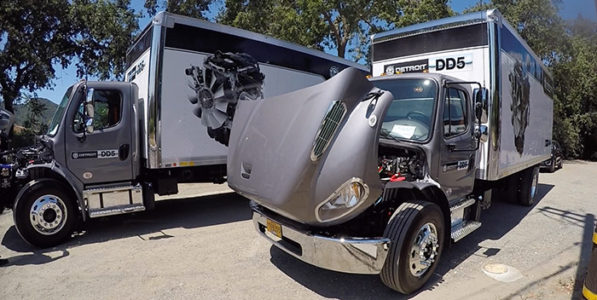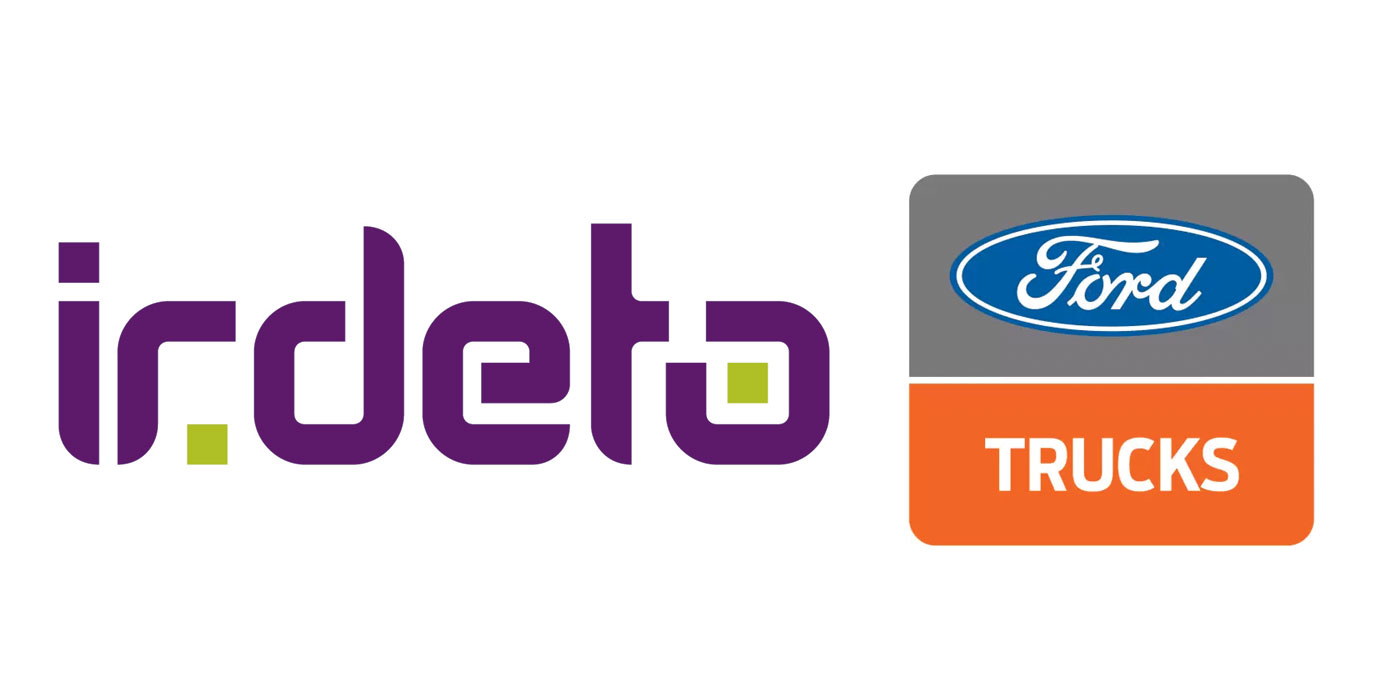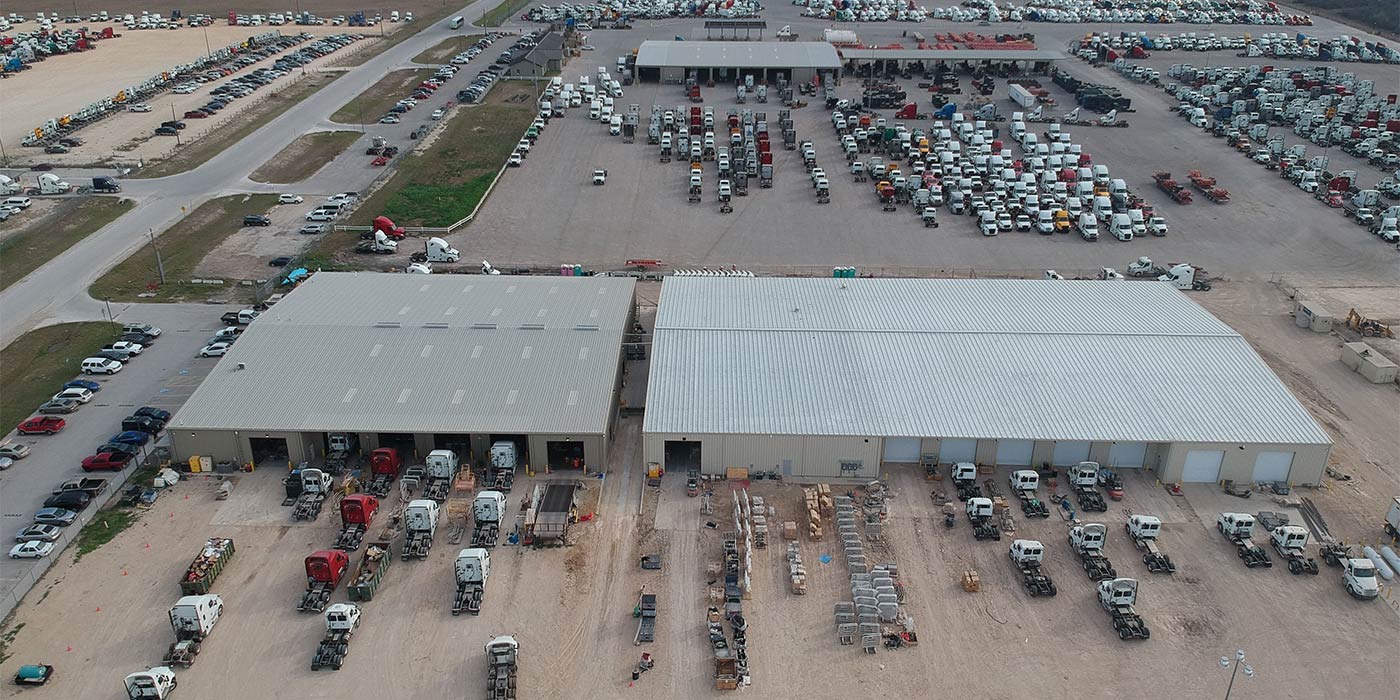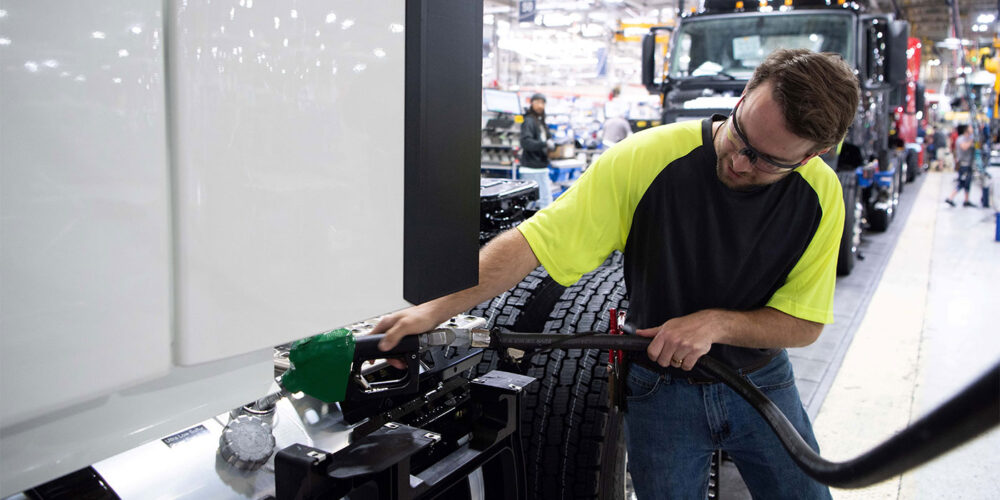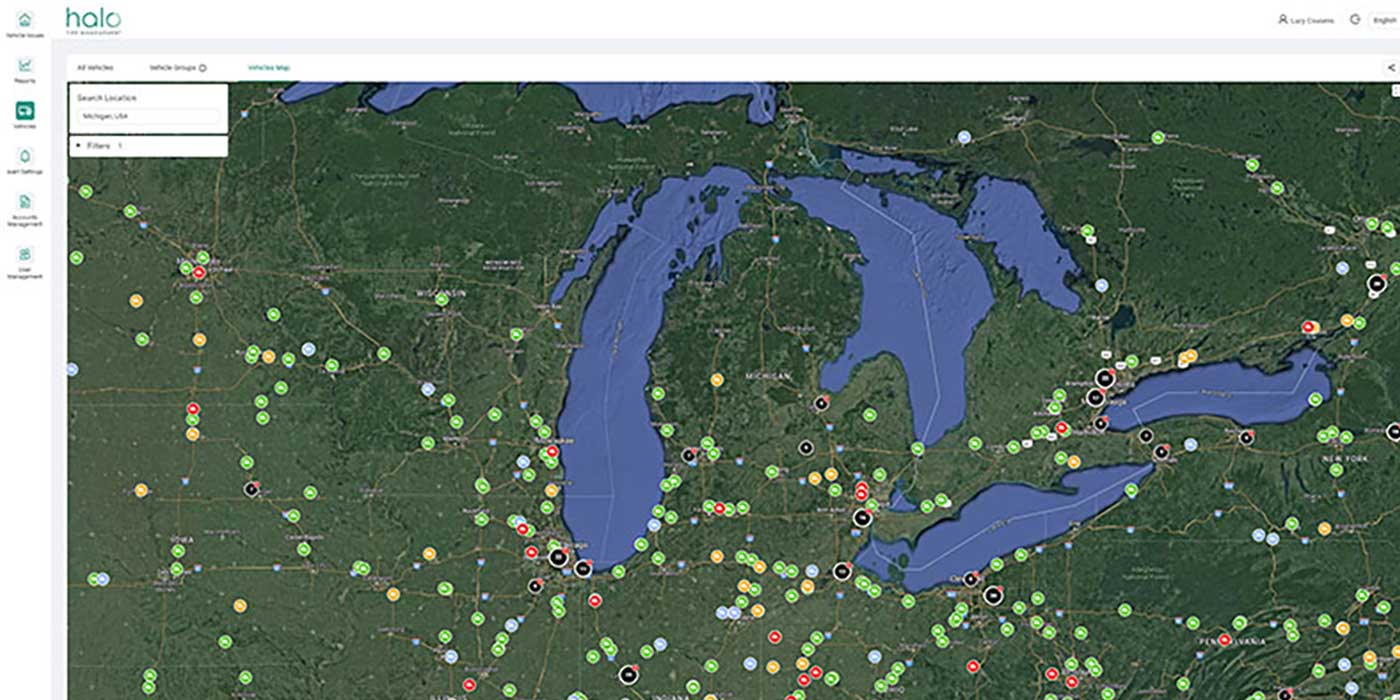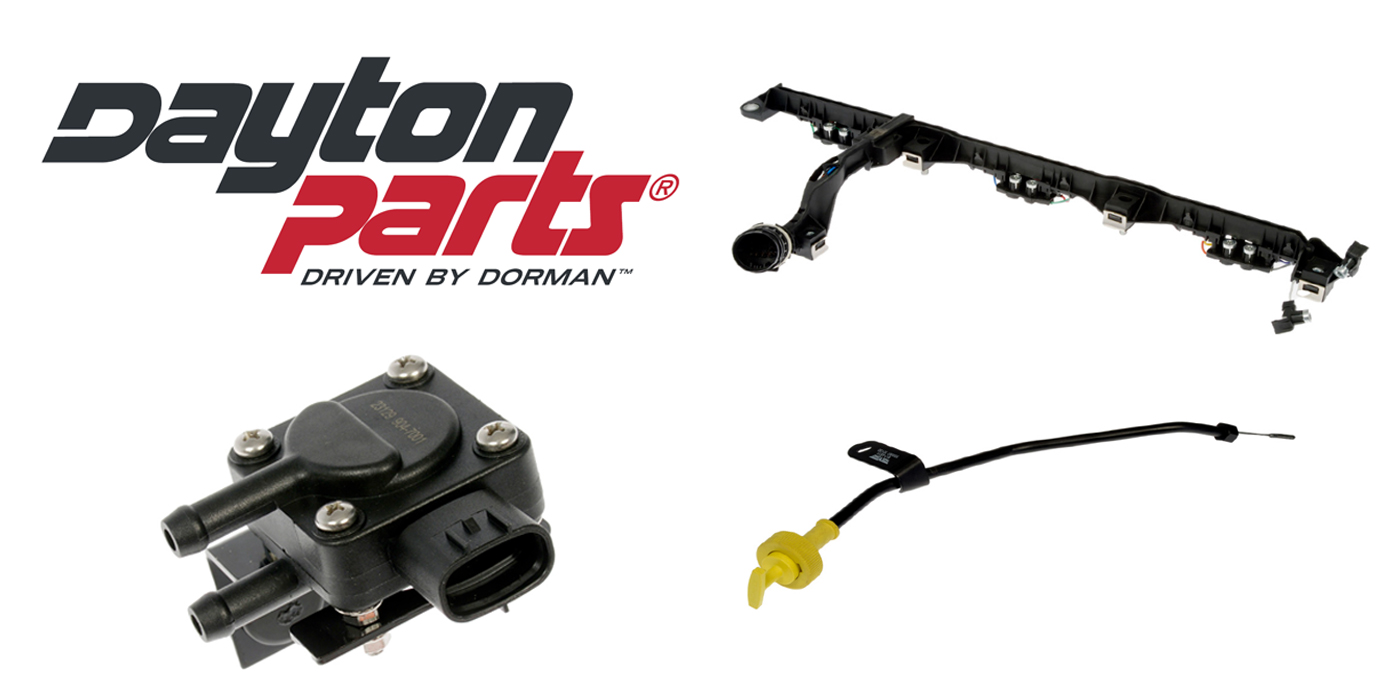Integrated vehicle technology continues to evolve. While medium-duty trucks have long been built with integrated systems, new onboard technology is raising the level of sophistication and, for at least one truck maker, borrowing from its proven heavy-duty vehicle technologies.
According to Kary Schaefer, general manager of marketing and strategy for Freightliner and Detroit brands at Daimler Trucks North America (DTNA), the company has added the new Detroit DD5 engine with Detroit Connect Virtual Technician to the Freightliner M2 106 Class 6 trucks to capitalize on DTNA’s expertise in Class 8 integration evolution. She explains that the DD5 engine is a critical point of entry for further integration of the engine and drivetrain and telematics on future vehicles.
“Powertrain integration, including axles, enables us to capitalize on optimizing axle ratios for down speeding—which equates to better fuel economy,” she says. “With the new DD5 engine paired with Detroit Connect Virtual Technician, we are able to add another great benefit that helps fleets monitor their vehicles and manage service requirements. We are also able use the information in our call center, which helps us flag trends and provide the data to our customers.”
The benefits from gathering vehicle information from trucks are only as useful as how the information is interpreted and used. Obviously, fleets and their dealers have access to the data, but Schaefer notes that the information related to warranty work is incorporated into DTNA quality control meetings. It is part of a continuing loop of feedback. As an example: “All the lessons used regarding DD15 and DD13 performance were taken into consideration for development of the DD5 engine for the Freightliner M2 engine,” Schaefer says. “For instance, we optimized air/fuel mapping for better fuel economy and after treatment performance when we developed our engine control strategy on the DD5.”
“We rely on the information from and our relationships with our customer and dealer council to develop faster results for change,” elaborates Richard Howard, senior vice president of sales and marketing for DTNA. “Prior to the use of integrated technology feedback, we might have received a customer complaint or concern, but it would take us time to verify the problem. Today, we get verifiable information from the onboard systems. It is a more transparent system for us and for our customers, and we are able to resolve problems more quickly. The faster identification and resolution adds to customer satisfaction.”
“We have actually had some ‘a-ha!’ moments revealed by the technology,” Schaefer notes. “One example is finding greater understanding of how important it is to have the right connectivity technology for driver communication with fleets built into the system.”
“The bottom line is that technology makes it easier to control costs,” Howard says. “In addition, it has turn trucks into a business office for our customers, which now plays a key part of determining the true cost of ownership, and as a result, we are finding that, in our customer counsel meetings, we talk less about component failure and more about business. We have become more proactive.
“It all comes down to trust, which is based on our delivering world-class service based on the vehicle information from integrated technology,” he concludes. “We have information we never had before and are able to use it for greater efficiency.”

